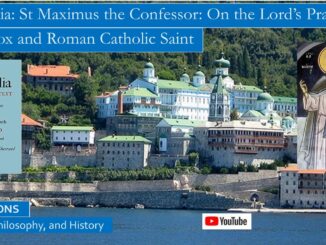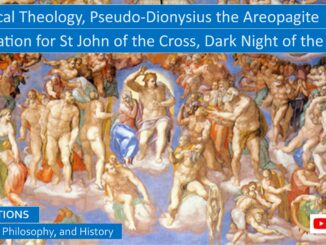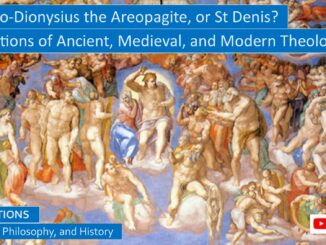
St Maximus the Confessor, Commentary on the Lords Prayer
We seek deification in the Lord’s Prayer, the model prayer, which starts out, Our Father who art in Heaven, hallowed by Thy Name, so we are exhorted to Love God, and understand how we stand in His Kingdom, and continues as we pray how we should live our lives, repenting of all, forgiving everyone, no exceptions. Once we understand how we must repent of all our transgressions, no exceptions, and forgive everyone, so God will forgive us, and not withhold forgiveness from anyone, lest God withholds His forgiveness of us[9], then we can better listen to the teachings of St Maximus against self-love, this affections of one’s self that is the root of all evil, the desperate lust to pleasure, often mere moments of pleasure that often leads to years of suffering for us and those around us. This self-love and lust for pleasure to avoid life’s pain instead tyrannizes the lives of those close to us. […]


